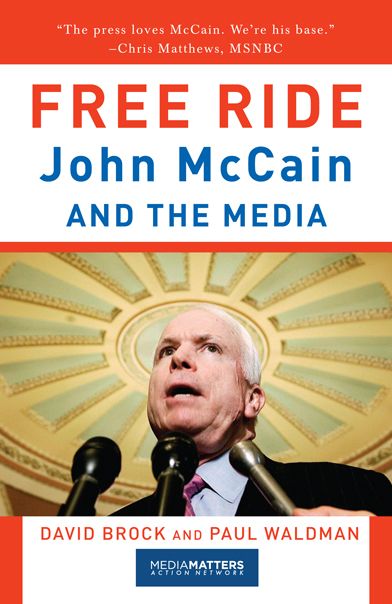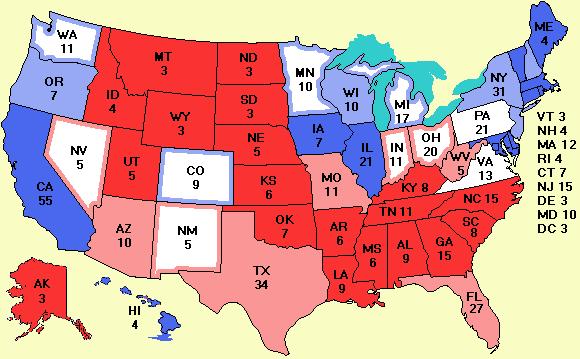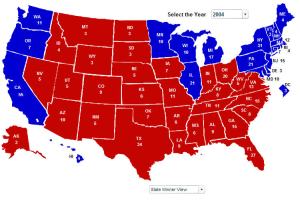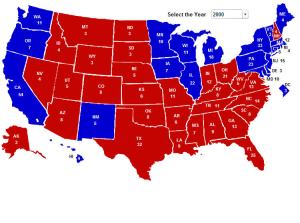In case you hadn’t noticed, the entire world is crumbling down around us. Or, at least that’s how it seems when you turn on CNN, MSNBC or any of the other cable news networks on the squawk box. And to be perfectly honest, they might be right–what do I know?
But the point that Mort Kondracke makes in his September 18 column (“No More Lipstick–With Financial Crisis, Politics Gets Serious“) is undeniably true: silly season has passed, and a new “serious season” of politics is beginning. As if cueing the candidates to “get real,” Wall Street has turned this election cycle, for the time being at least, around a sharp bend, and this neighborhood looks distinctly foreign. Yes, my friends, this is issues politics.
As Kondracke points out, this plays perfectly to Obama’s advantage—the Washington outsider and, perhaps more importantly, the non-incumbant. Yet currently, Obama’s 19-point lead in voters who believe the economy is the #1 issue, has slipped to a mere 3 points.
It’s far too early to tell how this will play out. The economy is a volatile thing (although it’s naive to say it’s going to get much better before Nov. 4), and how these campaigns handle it will make or break them. But to me, that’s far less important. Sure, it was silly season for a while, but it’s only that way because the press enabled it.
If we’re being completely frank, it’s the campaigns perogative to want to blame the media for certain issues. With McCain, he blames them for being sexist. For Obama, it’s, well, I don’t really know. But that’s not important. McCain can gripe about the media all he wants. It will get his base fired up and that’s his intention. What the press should do is not take the bait.
By that, I don’t mean they shouldn’t cover it, but that’s not all the media is doing. They’re telling that story, and then whining about it. The line of thinking is that McCain used to be best buds with many in the media, and his stances now seem at odds with “the man they knew.” Well guess what? America doesn’t care that your feelings are hurt. Cover him like you did before, and stop making the news about yourself.
Now that I’m finished dumping all over my major, I bid you farewell. Thoughts?




